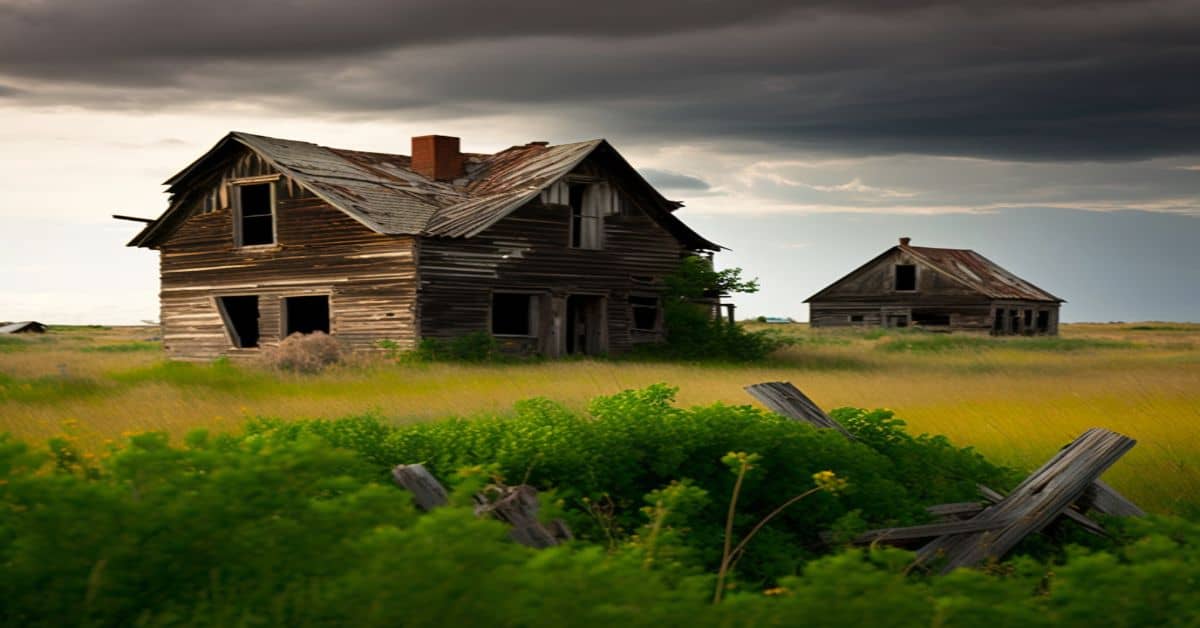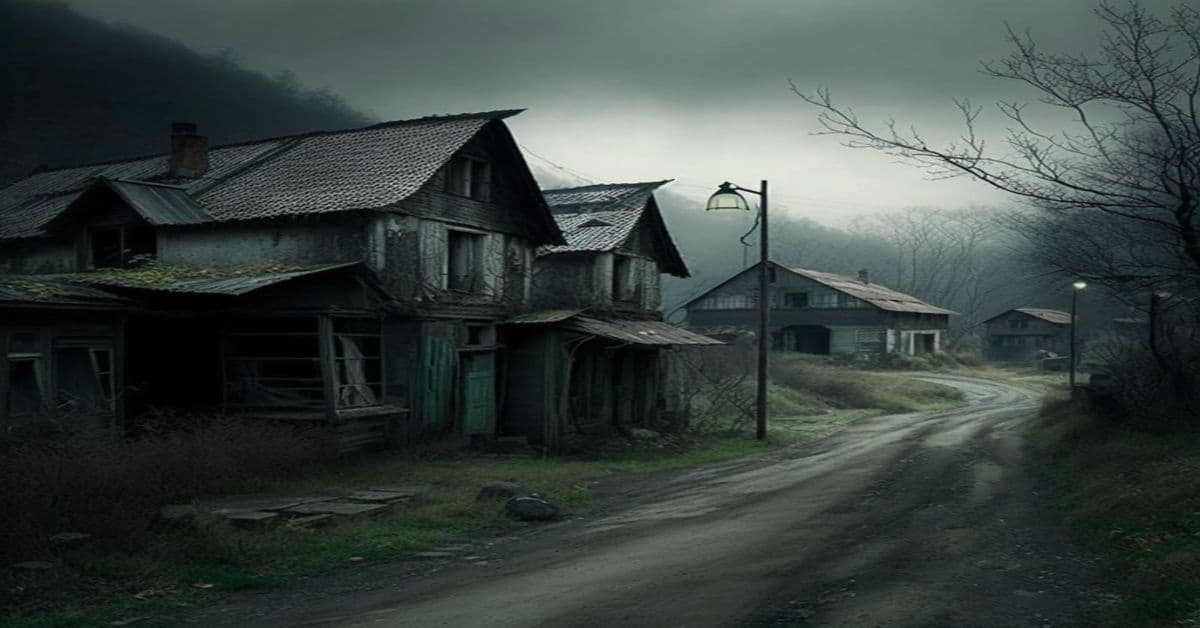Wauconda, a once-thriving mining town in Okanogan County, Washington, is now a ghost town of legends. Despite its dwindling population, the town still draws visitors intrigued by its rich history and unique features.
In this article, we will explore the fascinating story of Wauconda, from its early settlement to its present-day attractions and local legends. As we delve into Wauconda’s history, we will discover a community that was once a bustling hub of activity, complete with a post office, general store, cafe, and schools.
We will also explore the town’s connection to the mining industry and the nearby abandoned mines that still bear witness to its past. In addition, we will uncover the local culture and traditions that have shaped Wauconda’s identity over the years, including the legendary moonshine that was once produced in its mountain stills.
Through this exploration, we hope to provide a comprehensive overview of Wauconda’s past and present and to shed light on the many reasons why this ghost town of legends continues to fascinate visitors today.
Key Takeaways
- Wauconda, Washington, was originally a mining town but later became a farming and ranching community.
- The town features a post office, general store, and cafe, but many buildings, including the school and community hall, have been abandoned.
- Nearby attractions include abandoned mines with crystalized glass-like ingots, as well as opportunities for outdoor sports such as fishing, hunting, and skiing.
- Wauconda, Washington, has a rich history, including early businesses owned by the Van Slyke family, a strong religious community, and a reputation for exceptional moonshine during the Prohibition Era.
History and Settlement
Wauconda’s history as a mining town later became a farming and ranching community and was settled in the early 1900s after the town moved to a new site. The town was initially established as a mining town by the Hedge Brothers, who opened the Wauconda Mine. However, the town eventually transitioned to farming and ranching after the mining industry declined.
The early businesses in Wauconda, Washington, were primarily focused on the mining industry, but as the town evolved into a farming and ranching community, the businesses shifted accordingly. The Van Slyke family owned one of the early stores in the town, and other families likely owned similar establishments.
Education in the town was provided through one-roomed schools, with around 6-7 schools operating under the Wauconda P.O. address. The Van Slyke family owned early stores in the town, and there were around 6-7 one-roomed schools listed under the Wauconda P.O. address for education.
Overall, the history and settlement of Wauconda reflect the town’s evolution from a mining town to a farming and ranching community, with early businesses and education playing key roles in the town’s development.
Town Features and Attractions
The town of Wauconda, located in Okanogan County, features a post office, general store, and cafe for visitors to explore. But the real hidden gems lie in the outdoor attractions surrounding the town. Visitors can discover the abandoned Sheridan Mines with crystalized glass-like ingots and copper/gold/iron containing rock, or explore the White Rock Mine, currently mined for its unique chemical rock characteristics.
Outdoor sports enthusiasts can enjoy activities such as fishing, hunting, snowmobiling, racing, mountain hiking, and cross-country skiing in the surrounding area.
For those interested in the town’s history, the abandoned Wauconda Mine, Wauconda Community Hall, Wauconda School, and Wauconda Store/Cafe offer a glimpse into the past. However, the Thomason Ranch, owned by the same family for 100 years, is still in operation and offers a chance to experience the town’s agricultural roots.
Whether exploring the town’s features or venturing into the great outdoors, Wauconda offers something for everyone seeking a unique and historic experience.
Local Culture and Legends
Local attitudes surrounding Wauconda exhibit a general disdain for law enforcement and government workers. This is exemplified by the case study of a park ranger who encountered hostility and vandalism while attempting to enforce camping regulations in a nearby national forest. The ranger’s vehicle was damaged and threatening notes were left on the windshield. This hatred towards authority figures is rooted in the area’s history, which has a long tradition of self-reliance and resistance to outside interference.
In addition to this general attitude towards authority, Wauconda is known for its folklore tales and unique traditions. One such tradition is the annual Wauconda Rodeo, held annually since 1945. The rodeo features events such as bull riding, barrel racing, and steer wrestling, and attracts visitors from all over the region.
Many legends and stories are associated with the town, including tales of buried treasure, ghostly sightings, and mysterious disappearances. These stories have been passed down through generations and add to the town’s mystique as a place of history and legend.
Frequently Asked Questions
What caused the decline of Wauconda as a mining town?
The decline of Wauconda as a mining town may have been caused by environmental factors such as natural disasters or resource depletion, as well as labor issues such as strikes, unionization, or conflicts with mine owners.
Are there any plans to restore the abandoned buildings in Wauconda, Washington?
No information is available on plans to restore the abandoned buildings in Wauconda. Potential discussion ideas for subtopics include community involvement in restoration efforts and the potential economic impact of restoring the buildings.
What is the current population of the area surrounding Wauconda, Washington?
Exploring surrounding areas reveals a sparsely populated region, with demographic changes over the years. Current population estimates for the area surrounding Wauconda are unavailable, but the town remains a historic and cultural landmark.
Has any archaeological research been done on the Wauconda Mine?
Excavation possibilities for the Wauconda Mine have not been reported. Its historical significance as a former mining town warrants further investigation for potential findings and insights into the community’s past.
The impact of Prohibition on Wauconda’s economy and social life was significant. Bootlegging culture flourished, with mountain stills producing exceptional moonshine. Disdain for law enforcement and government workers was common.


